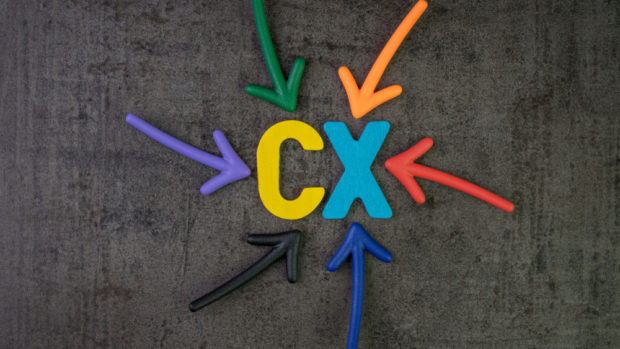
Christmas gift spend across the UK is set to fall by 10 per cent to £24.2 billion this year, according to annual research from the shopping comparison site, finder.com.
The average Brit is set to spend £476 each on gifts this year, which is down by £37 from last year’s average of £513.
With many suffering financial difficulties as a result of the pandemic, half of Brits (49 per cent) said they are planning to spend less on presents this year. Only 6 per cent said they will spend more and 45 per cent are planning to spend the same.
Once again, there is a wide range of amounts being spent, with 47 per cent planning to spend under £250, and 2 per cent planning to celebrate Christmas but not spend any money on presents.
Finder.com’s new report, Seasonal squeeze: How winter spending is set to change, also looked into the reasons why so many people are planning to spend less. The most common reason was that people can’t afford to spend as much due to the impacts of the pandemic – a fifth (20 per cent) of those who plan to reduce expenditure said this.
A further 15 per cent of Brits are unsure if they will be seeing friends or extended relatives over the festive period so are not buying presents as a result, while 14 per cent don’t see the point in buying as many presents as usual when we face lockdowns and restrictions on our movement.
Across the UK, over a third of the public (35 per cent) don’t intend to buy any Christmas gifts in-store this December, and 16 per cent cited this as a reason for their reduced overall spend.
For the second year in a row, Gen X are set to be the most generous generation when it comes to buying gifts. Their average spend will be £576, compared to £207 for Gen Z’ers, who will once again spend the least on presents.
Younger people are also the most likely to spend less on gifts, with two-thirds of Gen Z (67 per cent) and 61 per cent of millennials saying they will do so. Financial concerns appear to be the main driver, with 38per cent of Gen Z citing financial concerns along with a fifth of millennials (21 per cent).








Share